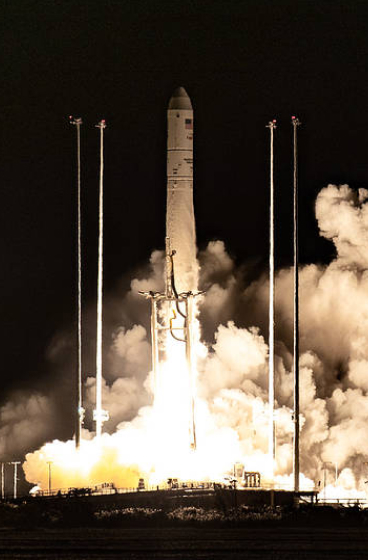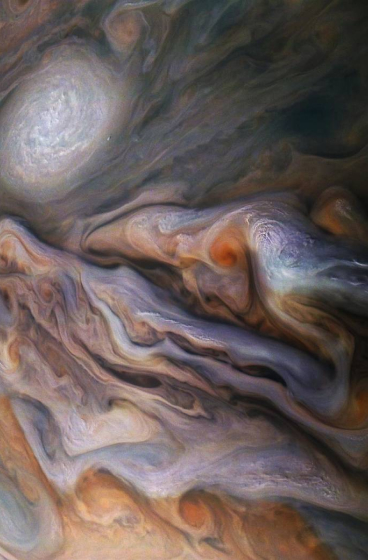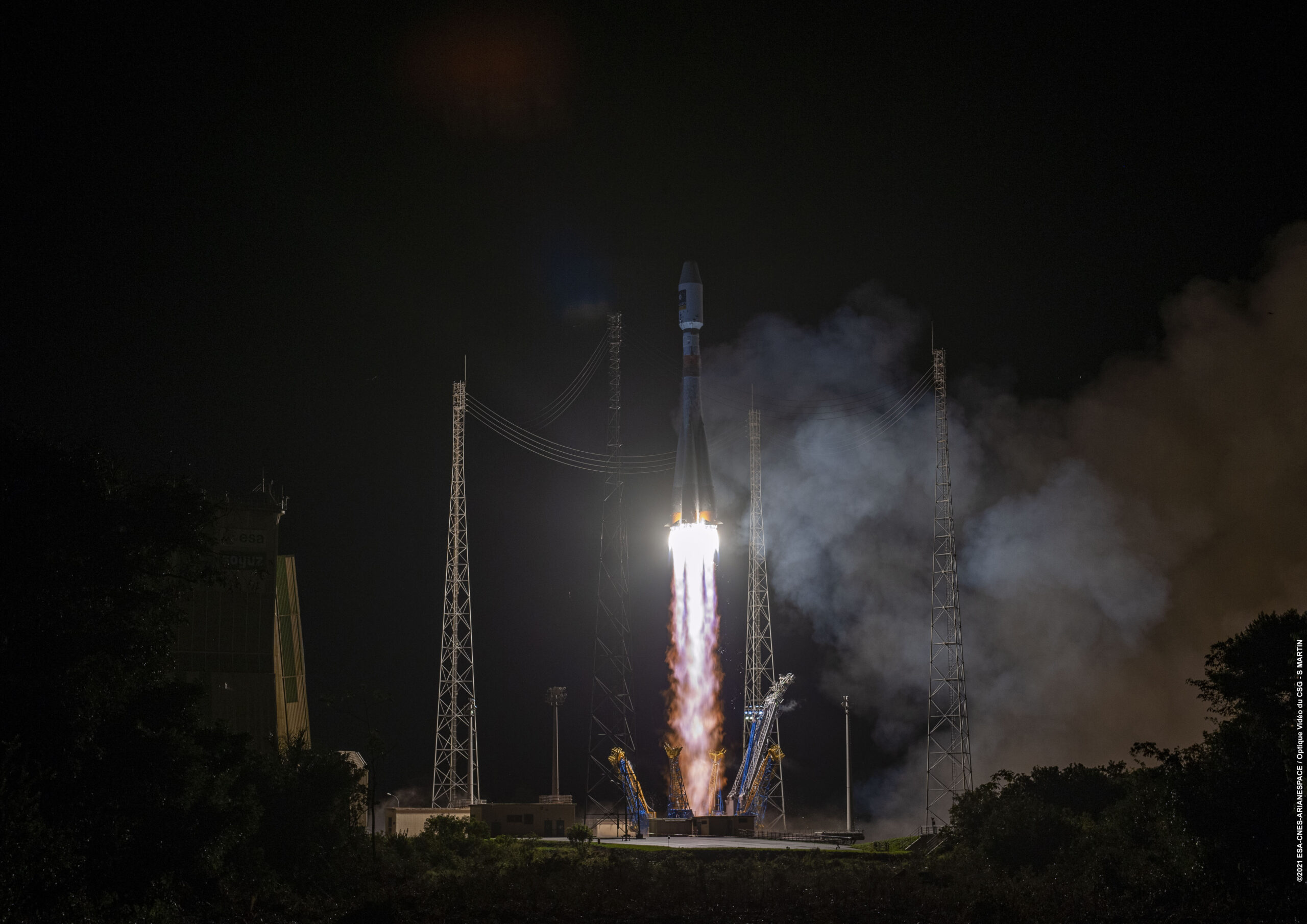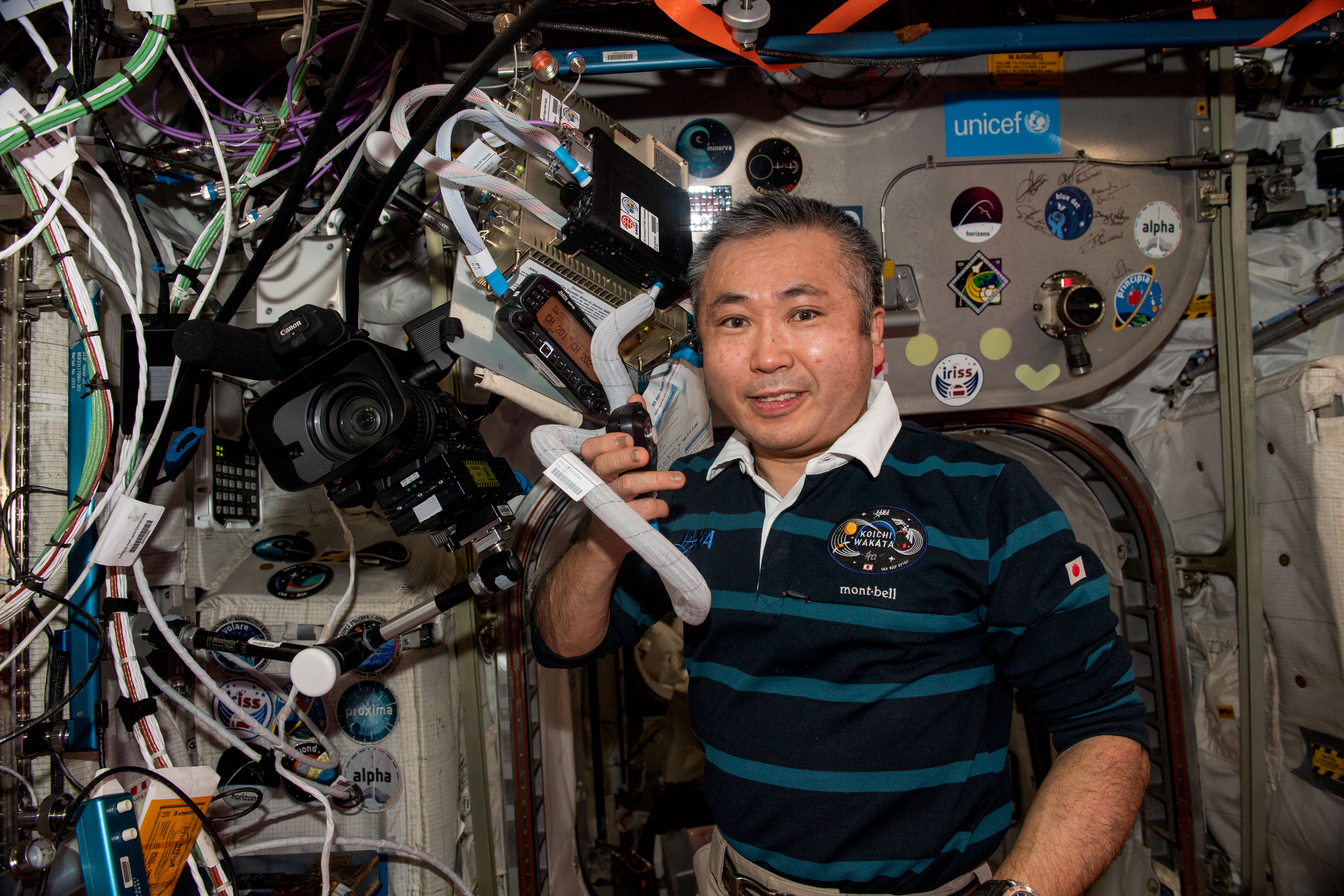Minority Serving Institution Partners
Coppin State University Coppin State University (CSU) is a public, historically black university located in Baltimore, Maryland. It is part of the University System of Maryland. CSU is a model urban, residential liberal arts university located in the northwest section of the City of Baltimore that provides academic programs in the arts and sciences, teacher […]
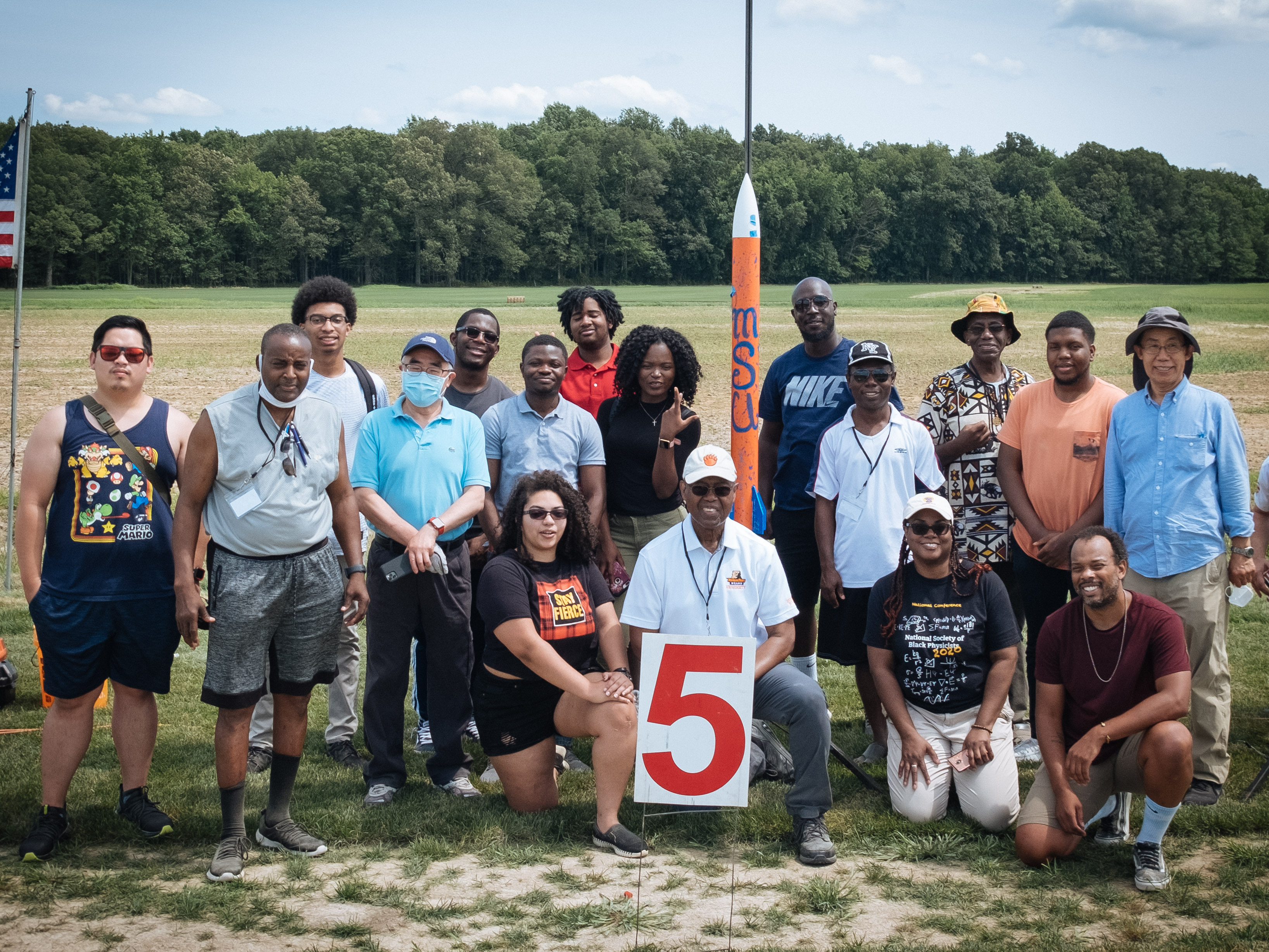
4 min read
Minority Serving Institution Partners

Coppin State University
Coppin State University (CSU) is a public, historically black university located in Baltimore, Maryland. It is part of the University System of Maryland. CSU is a model urban, residential liberal arts university located in the northwest section of the City of Baltimore that provides academic programs in the arts and sciences, teacher education, nursing, graduate studies, and continuing education. As an HBCU (Historically Black Colleges and Universities), Coppin has a culturally rich history as an institution providing quality educational programs and community outreach services. Coppin offers 53 majors and nine graduate-degree programs. A fully accredited institution, Coppin serves Baltimore residents as well as students from around the world, with flexible course schedules that include convenient day, evening, and weekend classes and distance learning courses.
Hampton University
Hampton University (HU), a private, non-profit, non-sectarian, co-educational institution that was founded 1868 in Hampton, Virginia. It is a Historically Black College University (HBCU) dedicated to the promotion of learning, character building, and preparation of promising students for the positions of leadership and service. The HU Department of Atmospheric and Planetary Science (APS) provides a program in graduate education leading to the M.S. and Ph.D. degrees with concentration either in Atmospheric Sciences or in Planetary Sciences.
Howard University
Howard University is a private, federally chartered, historically black university in Washington, D.C. The university has a highly productive and well-reputed graduate Program in Atmospheric Sciences (HUPAS) that has trained 50% of African Americans and 30% of Latinx with PhDs in Atmospheric Sciences in the US over the last decade. This interdisciplinary program was established in 1998 as a cooperative effort between the Departments of Chemistry, Physics and Astronomy, and Mechanical Engineering. The University leads the NOAA Cooperative Science Center in Atmospheric Sciences and Meteorology (NCAS-M), which is a 13-member academic and research consortium of international reputation that supports NOAA mission science in atmospheric sciences, weather, and climate.
Morgan State University
Morgan State University (MSU) is a public, historically black research university in Baltimore, Maryland. It is the largest of Maryland’s HBCUs. Morgan attracts students from each state and many foreign countries. It is one of the leading institutions nationally in the number of applications received from African-American high school graduates. The University awards more bachelor’s degrees to African-American students than any campus in Maryland. In many fields, but particularly in engineering and the sciences, Morgan accounts for large percentages of degrees received by African-Americans from Maryland institutions. An above-average percentage of Morgan graduates enter graduate and professional school. Historically, the university has ranked among the top public campuses nationally in the number of black graduates receiving doctorates.
University of Maryland Baltimore County
The University of Maryland, Baltimore County (UMBC) is a public research university in Baltimore County, Maryland. UMBC is a designated Minority Serving Institution: an AANAPISI (Asian American and Native American Pacific Islander Serving Institution (AANPISI) with 59 baccalaureate, 24 post-baccalaureate certificate, 39 masters, and 24 doctoral degree programs. Student enrollment in 2018 was approximately 11260 undergraduate and 2507 are in graduate or professional programs. Demographically, 45% of the undergraduate students are minority (Asian American, African American, and Hispanic). UMBC’s vision is to redefine “… excellence in higher education through an inclusive culture that connects innovative teaching and learning, research across disciplines, and civic engagement.” (See: https://diversity.umbc.edu/)
University of Maryland Eastern Shore
The University of Maryland Eastern Shore (UMES) is a Historically Black 1890 Land-Grant Institution. UMES has five schools, one of which is the School of Agricultural and Natural Sciences (SANS). The Department of Natural Sciences (DNS) within the SANS offers M.S. degrees in Chemistry and Biology, Professional Science Master’s degree in Quantitative Fisheries and Resource Economics, and a five-year combined BS/MS degree in Marine Science. It also offers M.S./Ph.D. degrees in Marine, Estuarine and Environmental Science with specializations in Fisheries Science, Oceanography, Ecology, Environmental Chemistry, Environmental Sciences, and Environmental Molecular Biology and Biotechnology, and M.S./Ph.D. degree in Toxicology. At the undergraduate level, DNS offers Bachelor of Science degrees in Biology, Chemistry, Biochemistry, and Environmental Science (with concentrations in marine science, and environmental chemistry), and minor programs in Biology, Chemistry, and Physics. The University offers the only four year Aviation Science Bachelor’s degree program in the state of Maryland, with concentrations in Aviation Electronics, Aviation Management, Aviation Software, and Professional Pilot.
Share
Details
Related Terms
Discover Related Topics
